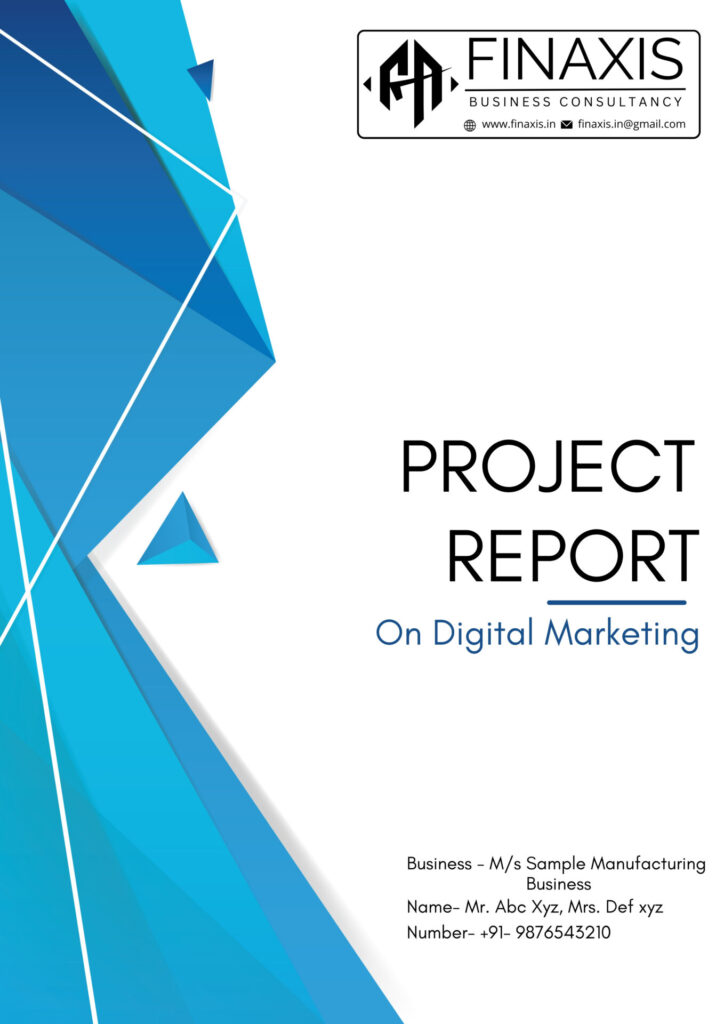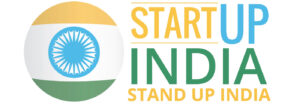MSME Loan Schemes
Available In Punjab

Punjab offers a variety of loan schemes and financial assistance programs to encourage the growth and development of MSMEs in the state. The province is well-known for its rich cultural legacy and strong industrial sector. These programs are designed to help small businesses get the finance they need, encourage entrepreneurship, and boost the economy. The following are some important lending programs Punjab offers MSMEs:
Punjab National Bank (PNB) MSME Loan Scheme
PNB provides financial assistance to MSMEs for a variety of purposes, including the purchase of machinery, working capital, infrastructure development, and technology upgrades. These programs span a wide range of corporate operations, from start-up to expansion and modernization. Here are some of the significant highlights:
- Loan amount: Up to 5 crore.
- Repayment periods: Vary based on loan amount and kind. Typically varies from 3 to 7 years.
- Interest rates: Range from 8.50% to 13.5%.
- Age: Minimum of 18 years.
- Gender: Male/Female
Punjab State Cooperative Bank (PSCB) MSME Loan Scheme
The PSCB provides financial support to MSMEs for a variety of purposes, including working capital, machinery purchases, and infrastructure development. Like PNB, Punjab State Cooperative Bank (PSCB) offers initiatives that cover all elements of business operations, from start-up to expansion and modernization. Here are some of the significant highlights:
- Loan amount: Up to 5 crore.
- Repayment periods: vary based on loan amount and kind. Generally, up to seven years.
- Interest Rates: 7% – 12%.
- Age: Minimum of 18 years.
- Gender: Male / Female.
Mahila Udyam Nidhi Scheme
The Mahila Udyam Nidhi Scheme offers financial help to women entrepreneurs looking to start new businesses or grow current ones. The primary goal of the initiative is to support female entrepreneurs throughout the state. Please be aware that these schemes are now exclusively offered through Punjab National Bank. Here are some of its features:
- Loan amount: Up to Rs. 10 lakh.
- Loan interest rate: 5% annually.
- Loan tenure: 5-7 years.
- Educational Qualification: 10th standard.
- Age and Gender: Women aged 18–55 years

Punjab State Scheduled Caste Land Development and Finance Corporation (PSSCLDFC) MSME Loan Scheme
The Punjab State Scheduled Caste Land Development and Finance Corporation (PSSCLDFC) provides a variety of financing initiatives to help Scheduled Caste individuals in Punjab with various economic pursuits. It gives financial help to SC entrepreneurs starting new businesses or expanding existing ones. Here are some of the significant highlights:
- Loan amount: Up to Rs 30 lakh.
- Loan interest: 5%-8%.
- Loan tenure: 3-15 years
- Age range: 18-55 years
- Category: SC.
Credit Linked Capital Subsidy Scheme (CLCSS)
In October 2000, the Government of India established the Credit Linked Capital Subsidy Scheme. This plan offers MSMEs with the necessary financing to upgrade their present technologies. Businesses can utilize this initiative to improve their existing plant and machinery and increase profits. This policy has no upper loan limit, however the subsidy is based solely on the loan amount sanctioned for P&M purchases. It has the following primary features:
- Loan amount: no upper limit.
- Subsidy: 15% of loan amount.
- Annual guarantee fee: 0.75-1.0%.
- Loan tenure: Flexible tenure based on the repayment capacity
Pradhan Mantri MUDRA Yojana (PMMY)
The Pradhan Mantri Mudra Yojana (PMMY) is a major central government plan that debuted in 2015. It makes microloans to non-corporate, non-farm micro, and small businesses in both rural and urban locations.
PMMY provides loans in three categories, based on the stage of business growth and finance requirements:
- Shishu Mudra: Up to Rs 50,000.
- Kishore Mudra: Rs. 50,001-Rs. 5 lakh
- Tarun Mudra: Rs 5 lakh to Rs 10 lakh.
MUDRA loans are available through a variety of financial institutions, including public and private sector banks, regional rural banks, small finance banks, microfinance institutions, and non-banking financial companies (NBFCs).
Unlike other loan schemes, PMMY has no age, gender, duration, or interest rate requirements. All of these elements can vary depending on the loan category and the lending institution’s policies.
Prime Minister’s Employment Generation Programme (PMEGP)
PMEGP is a credit-linked subsidy system operated by the Ministry of Micro, Small, and Medium Enterprises (MSME) that intends to provide job possibilities through the establishment of micro-enterprises. The primary beneficiaries of this initiative are women, traditional and potential craftspeople, and unemployed youngsters. Here are some of its primary features:
- Age: Minimum age of 18.
- Interest rates: vary between 11% and 12% based on the bank.
- Loan tenure: 3-7 years.
- Education qualification: VIII standard pass.
- Maximum loan amount: Rs. 1 Crore.
- Subsidy: 15% to 35%.
Credit Guarantee Fund Trust for Micro and Small Enterprises (CGTMSE)
The CGTMSE is a cooperative project initiated in 2000 by the Ministry of Micro, Small and Medium Enterprises (MSME), the Government of India, and the Small Industries Development Bank of India (SIDBI). It promotes financial institutions to offer collateral-free credit solutions to micro and small businesses. In the event of a default, the bank might submit a claim with CGTMSE. Here are some of its primary features:
- Loan amount: Up to 5 crore.
- Collateral is not required.
- Loan tenure: 5-10 years.
- Annual Guarantee Fee: 0.37%-1.35%.
- Age: Minimum age is 18.
Stand-up India
Stand-up India is a central government project that began in 2016. It offers bank loans to women and Scheduled Castes (SCs) and Scheduled Tribes (STs) to start their own businesses. Existing firms are ineligible for loans under this scheme because they are intended for new businesses only. These loans are supplied by a variety of banks, including scheduled commercial banks, regional rural banks (RRBs), and small financing banks.
This initiative offers loans ranging from Rs 10 lakhs to Rs 1 crore. Interest rates and tenure vary depending on the type of the firm, as well as other considerations such as the lender’s credit policies.
SIDBI Make-in-India Soft Loan Fund for Micro, Small, and Medium Enterprises (SMILE)
The national government established SMILE, a project to provide financial help to 25 identified sectors as part of the ‘Make in India’ strategy. This project encourages the ‘Make in India’ concept among entrepreneurs. SMILE provides ample finance for both the establishment of new firms and the expansion of existing ones. Here are some of its primary features:
- Maximum loan tenure: 10 years.
- Loan amount: ranges from Rs.10 lakh to Rs.25 lakhs.
- Interest rates: vary based on corporate requirements.
- Nature of the loan: Term and quasi-equity loans.


INVEST MP Expression of Interest (EOI) For Inviting Online Tender…

Special Advance Authorization for Garments View Sample Report Directorate General…

Unutilized Input Tax Credit Refund Under GST View Sample Report An…

What is MSME Loan? View Sample Report Entrepreneurs and business owners…

ICICI Bank Business Loan View Sample Report ICICI Bank business loan…

PNB Bank Business Loan View Sample Report (Punjab National Bank) PNB Bank Business…

HDFC Bank Business Loan View Sample Report HDFC Bank Business Loan…

Equipment Finance Scheme For Existing Clients – TIIC View Sample…

Documents Required For GST Registration View Sample Report Goods and Services…

Most Popular Loan Schemes In India In 2024 View Sample Report The following…



